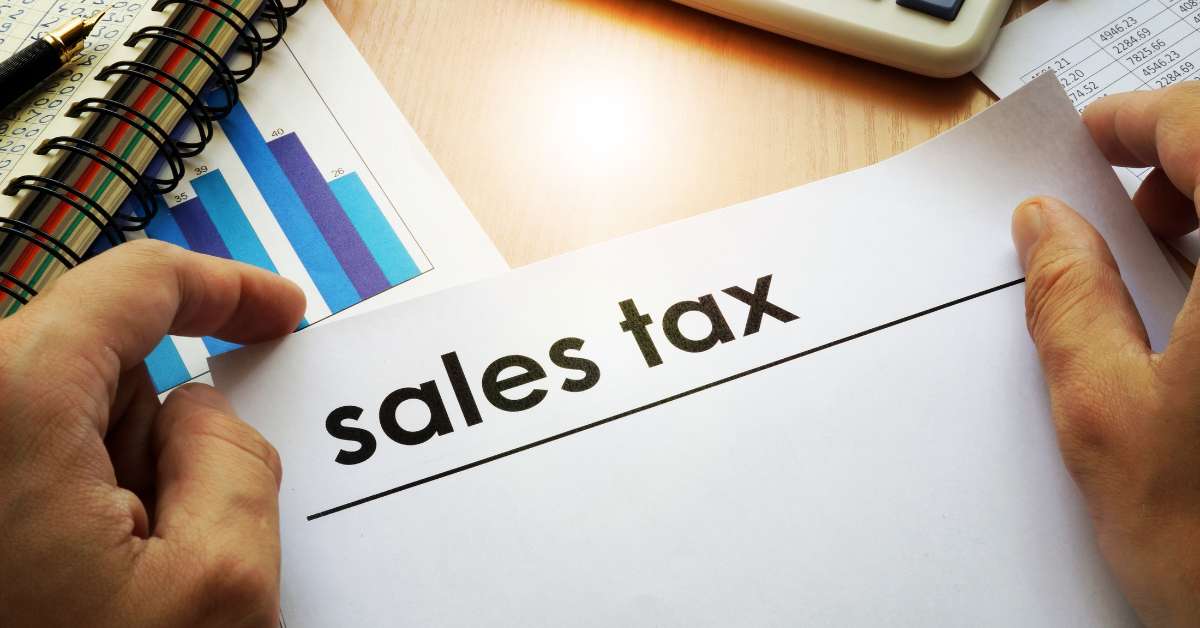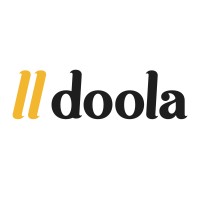Understanding Connecticut’s sales tax is crucial for business owners, whether you operate a physical store or sell through e-commerce platforms. Adhering to state and local tax regulations ensures that you avoid potential fines and keeps your business compliant and thriving.
This guide provides comprehensive information about Connecticut sales tax, including the process of registration, available exemptions, and the necessary filing requirements.

What Is Taxable in Connecticut?
In Connecticut, most tangible personal property is subject to sales tax. However, some items are exempt; such as prescription drugs, certain groceries, medical devices, and many services including most labor, unless specifically taxable.
If your business sells taxable goods or services, you need to collect and remit sales tax appropriately. Businesses should also check whether additional regulations apply for digital products or services.
Who Needs to Collect Sales Tax?
Businesses required to collect sales tax include:
- Retailers with a physical presence in Connecticut
- Online sellers that meet the state’s economic nexus threshold
- Certain service providers, particularly those involved in taxable services
Connecticut enforces an economic nexus threshold of $100,000 in revenue or 200 retail sales annually. If you exceed this threshold, even without a physical presence in Connecticut, you must register and collect sales tax.
How to Register for a Sales Tax Permit in Connecticut
Getting a sales tax permit in Connecticut involves the following steps:
- Gather necessary documents: EIN, business license, and business details.
- Visit the Connecticut Department of Revenue Services website.
- Complete the online application via the Connecticut Business Registration portal.
- Receive your Sales Tax Permit and start collecting tax.
Collecting tax without a sales tax permit is illegal, so be sure to register before making taxable sales.
How to Calculate Sales Tax in Connecticut
To properly calculate sales tax, follow these steps:
Step 1:
Determine the correct sales tax rate based on your business location and the buyer’s location.
Step 2:
Collect the appropriate amount at the point of sale.
Step 3:
Keep detailed records of all transactions.
Connecticut requires businesses to file sales tax returns monthly or quarterly based on your volume of sales. Check the filing due dates to avoid penalties.
Be aware of any special rates that may apply to particular items your business sells or services it provides.
Common Sales Tax Exemptions in Connecticut
Some businesses and organizations may qualify for sales tax exemptions, such as:
- Purchases for resale (requires a resale certificate)
- Sales to nonprofit organizations
- Certain manufacturing equipment or machinery
To claim an exemption, businesses must use the proper exemption certificates and maintain accurate records to avoid penalties.
Remote Seller and Marketplace Sales Tax Rules in Connecticut
For remote sellers and marketplace platforms like Amazon, eBay, Shopify, and Etsy, Connecticut enforces specific sales tax rules.
The economic nexus threshold is set at $100,000 in sales or 200 transactions, requiring those exceeding these limits to comply with Connecticut’s remote seller regulations. Marketplace facilitators are also responsible for collecting and remitting sales tax on behalf of vendors using their platforms.
What Triggers a Sales Tax Audit
The Connecticut Department of Revenue Services may audit businesses for several reasons, including missing or inaccurate sales tax filings, frequent late payments, discrepancies, and misuse of exemption certificates.
To minimize audit risk, maintain detailed records of sales, exemptions, and tax payments. Regularly reviewing filings for accuracy can mitigate potential issues.
FAQs About Sales Tax in Connecticut
Common questions about Connecticut sales tax include:
Does Connecticut tax digital goods?
Yes, certain digital goods are taxable in Connecticut.
Do out-of-state businesses need to collect Connecticut sales tax?
If you exceed the $100,000 or 200-transaction threshold, yes.
What happens if I overcharge or undercharge sales tax?
You may need to refund customers or pay the difference to the state. Keeping accurate records helps prevent such issues.
Are any services taxable in Connecticut?
Yes, certain services like repair, maintenance, and certain digital services are taxable.
Stay Compliant With doola
Sales tax compliance can be complex, but with the right information and tools, you can avoid penalties and keep your business compliant and thriving.
doola offers resources and support to help your business navigate sales tax regulations efficiently, providing expert financial solutions and guidance.




